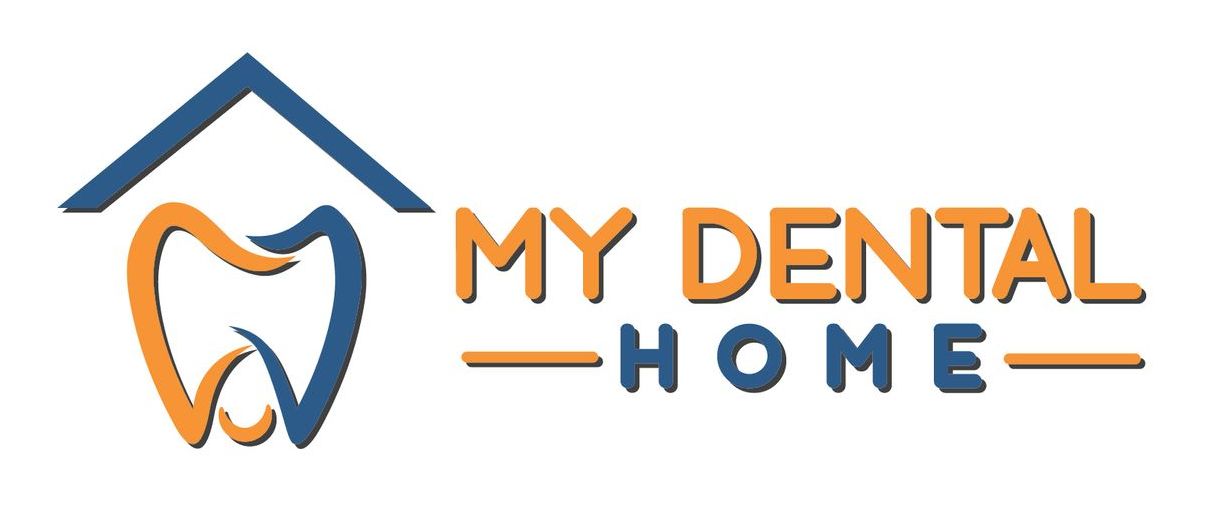The Connection Between Diet, Nutrition, and Dental Health
Your diet significantly influences your dental health. What you eat can strengthen your teeth and gums or lead to problems like cavities and gum disease. Understanding the relationship between nutrition and dental health can help you make better food choices for a healthier mouth.
In this article, we will explore the key nutrients necessary for oral health, identify foods to avoid, discuss the importance of hydration, and provide tips on how to create a balanced diet that supports your dental wellness. Taking control of your diet is a simple way to improve and maintain your dental health.
Essential Nutrients for Healthy Teeth and Gums
To keep your teeth and gums healthy, it's important to get certain nutrients from your diet. Calcium is one of the most crucial minerals for dental health. It helps build and maintain strong tooth enamel, which protects your teeth from decay. Foods rich in calcium include dairy products like milk, cheese, and yogurt, as well as leafy greens and fortified cereals.
Vitamin D works hand-in-hand with calcium by helping your body absorb it more effectively. Without enough vitamin D, your body can't make full use of the calcium you eat. You can get vitamin D from sunlight, fish, and fortified foods like milk and orange juice.
Phosphorus is another essential nutrient that supports healthy teeth by working with calcium to build strong tooth enamel. Foods high in phosphorus include meat, fish, eggs, and dairy products. Finally, vitamin C is important for gum health. It helps keep the connective tissues in your gums strong and healthy, reducing the risk of gum disease. Citrus fruits, berries, and vegetables like bell peppers and broccoli are excellent sources of vitamin C.
Foods to Avoid for Better Dental Health
Certain foods and drinks can harm your teeth and gums. High-sugar foods are a common cause of dental issues. Candy, cookies, and soda can stick to your teeth and create a breeding ground for harmful bacteria. These bacteria produce acids that attack your tooth enamel, leading to cavities. Try to limit your intake of sugary snacks and drinks to protect your teeth.
Acidic foods and drinks can also damage your enamel. Things like citrus fruits, tomatoes, and vinegar can wear down your tooth enamel over time if consumed in large amounts. While these foods are healthy in moderation, it's a good idea to rinse your mouth with water after eating them to neutralize the acids.
Sticky foods like dried fruit and gummy candies are particularly harmful because they cling to your teeth and are hard to brush away. These foods can stay on your teeth for longer periods, increasing the risk of tooth decay. Opt for fresh fruit and other healthy snacks instead.
Lastly, avoid drinking too much coffee and red wine, as they can stain your teeth. If you do consume these beverages, try to brush your teeth or rinse your mouth with water afterward to minimize their staining effects. Making mindful choices about what you eat and drink can greatly improve your dental health.
The Role of Hydration in Oral Health
Staying hydrated is very important for maintaining good oral health. Water helps wash away food particles and bacteria that can lead to plaque and bad breath. Drinking enough water throughout the day keeps your mouth clean and reduces the risk of dental issues.
Saliva plays a key role in protecting your teeth. It helps neutralize acids produced by bacteria in your mouth, preventing tooth decay. When you are well-hydrated, your body produces enough saliva to protect your teeth effectively. On the other hand, dehydration can lead to dry mouth, which increases the risk of cavities and gum disease.
In addition to water, eating water-rich foods can also help keep your mouth hydrated. Foods like cucumbers, melons, and leafy greens have high water content and contribute to your overall hydration. Chewing sugar-free gum can also stimulate saliva production and help maintain moisture in your mouth. Keeping yourself well-hydrated makes a big difference in your oral health.
Creating a Balanced Diet for Optimal Dental Wellness
Creating a balanced diet is essential for optimal dental wellness. Eating a variety of foods ensures that you get all the necessary nutrients your teeth and gums need. Incorporate plenty of fruits and vegetables into your meals. They are high in vitamins and minerals that support oral health.
Choose lean proteins like chicken, fish, and beans to help build and repair tissues in your mouth. Whole grains such as brown rice, oatmeal, and whole wheat bread are also good for your gums and overall health. Dairy products like milk, cheese, and yogurt are rich in calcium and phosphorus, which strengthen your tooth enamel.
It's also important to limit snacks between meals. Frequent snacking can increase the risk of cavities because it gives bacteria more opportunities to produce acids that harm your teeth. When you do snack, choose healthy options like nuts, raw vegetables, or low-sugar yogurt.
By planning balanced meals and making mindful food choices, you can maintain strong teeth and healthy gums.
Conclusion
Taking care of your teeth and gums goes beyond brushing and flossing; it also involves paying attention to what you eat and drink. A diet rich in essential nutrients, coupled with good hydration, plays a significant role in maintaining healthy teeth and gums. On the flip side, avoiding foods that harm your teeth and making balanced dietary choices can prevent many dental problems.
Optimize your dental health by focusing on nutrition and making mindful dietary choices. Regular dental checkups are also crucial for maintaining oral health. At My Dental Home, we are dedicated to helping you achieve and maintain a healthy smile. Book your dental appointment today to start your journey towards healthier teeth and better nutrition.
Share This Post

